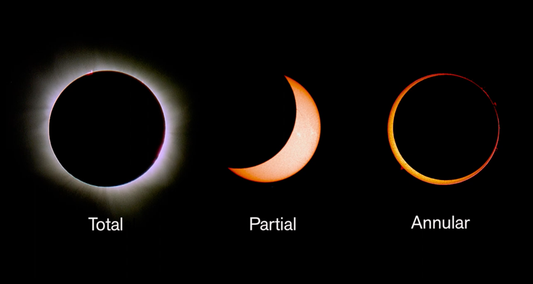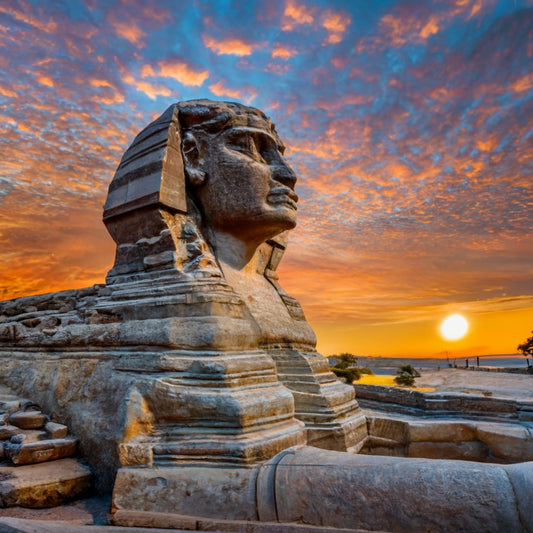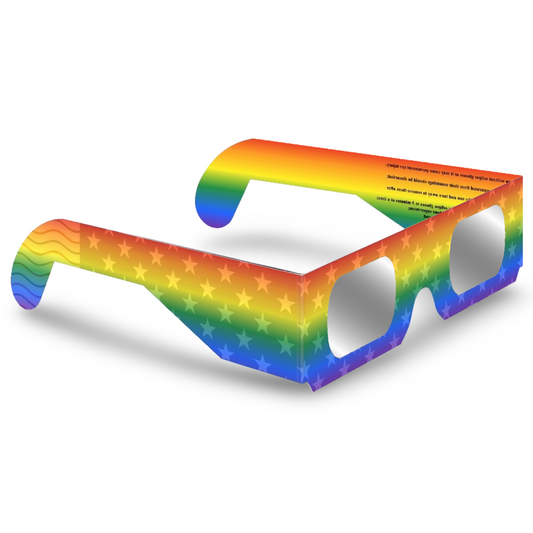Historical Solar Eclipses That Shaped History
Throughout history, solar eclipses have captured the imagination of humanity. These awe-inspiring astronomical events have been interpreted as omens, disrupted battles, and advanced scientific knowledge. Here are some of the most significant solar eclipses that left their mark on history:
Battle of Halys, 585 BC
One of the earliest solar eclipses recorded in history is said to have impacted the course of a battle between the Medes and Lydians in modern day Turkey. As the armies were engaged in combat, the sky suddenly darkened. Interpreting this as a bad omen, they called a truce, ending a 6 year war. The eclipse helped establish the truce that led to peace between the two kingdoms.
Crucifixion of Jesus, circa 33 AD
The Christian Bible records the sky darkening after Jesus' crucifixion. Historians have speculated this could have been a solar eclipse. Although the exact date is unknown, astronomers can confirm a partial solar eclipse occurred over the Middle East around this time. The imagery of the skies darkening enhanced the narrative of Jesus' death in Christian theology.
Assyrian Eclipse, 763 BC
The Assyrian chronicles record a solar eclipse shortly after King Ashur-Dan III conquered the Assyrian city of Arrapha. The path of totality passed right over Nineveh, the Assyrian capital. The darkness during the day was seen as an omen, and the king's health subsequently declined. Assyrian scholars also took interest in studying the celestial event.
Mayan Eclipse, 750 AD
The Mayans meticulously observed and recorded eclipses, which they incorporated into their complex calendar system. One inscription documents a total solar eclipse in 750 AD, the umbral path of which passed directly over important Mayan cities like Tikal. Astronomers have been able to correlate Mayan dates and observations of eclipses with remarkable accuracy.
Einstein's Eclipse, 1919
One of the most famous eclipses in history provided experimental confirmation of Einstein's general theory of relativity. British astronomer Arthur Eddington traveled to Principe Island off West Africa to photograph stars near the Sun during the eclipse. The results confirmed Einstein's prediction of how gravity bends light, vaulting Einstein to international fame.
Zhougong's Eclipse, 2136 BC
The earliest reliably documented solar eclipse comes from ancient China over 4000 years ago. Chinese historical records state that astronomers Hsi and Ho failed in their duties to predict the eclipse, resulting in them being beheaded by order of Emperor Shun. The event established the job of court astronomers in China.
Battle of Isandlwana, 1879
A famous battle during the Anglo-Zulu war took place on the day of a total solar eclipse. As British forces invaded Zulu territory, the darkness halted the fighting. The British took it as an omen to retreat, allowing the Zulu forces to ultimately overwhelm them. The unique conditions helped the Zulus achieve victory.
Eclipse of Thales, 585 BC
The ancient Greek philosopher Thales is said to have predicted a solar eclipse that halted a battle between Media and Lydia. His ability to calculate when the eclipse would occur brought him renown across the ancient world. The eclipse helped demonstrate man's ability to understand celestial mechanics.
Constantinople Eclipse, 1433
A total solar eclipse passed right over Constantinople, capital of the Byzantine Empire. The citizens feared it was a bad omen, and a week later the city fell to the Ottomans. The eclipse added to the doom and gloom sentiment before the city's conquest by the rising Ottoman Empire.
Eclipse of Tenochtitlan, 1450s
Aztec records describe a total solar eclipse that happened sometime around 1454-1457. The Aztecs believed it was a warning from the gods and that famine and destruction would follow. When the Spanish conquistador Hernán Cortés invaded years later, indigenous people connected the eclipse to his arrival.
Solar eclipses have long captured the awe and attention of people throughout history. By darkening the skies, they reveal celestial mechanics and disrupt human events. These events remind us of the interconnectedness of the Earth, Sun, and Moon as well as mankind's long tradition of studying the heavens.











